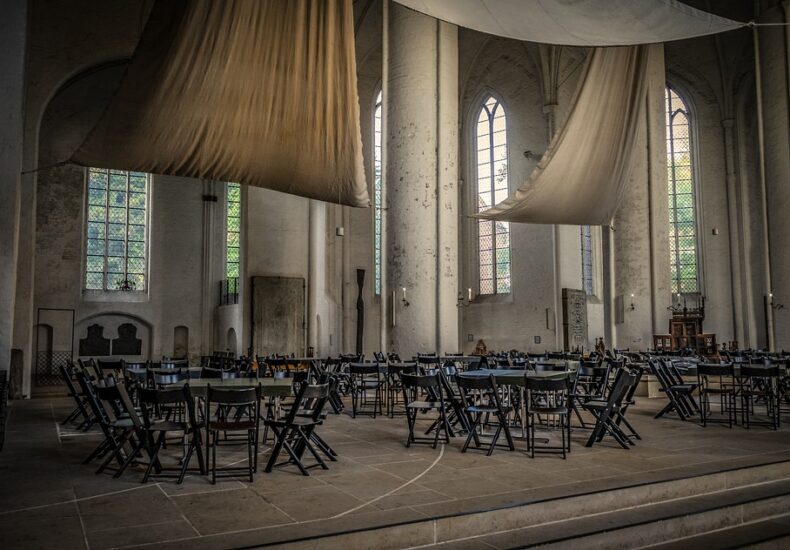
Unity and Diversity: Embracing the Multifaceted Kurdish Identity
Unity and Diversity: Embracing the Multifaceted Kurdish Identity
The Kurdish people, with a rich history and strong cultural heritage, have long been known for their unity and resilience in the face of adversity. Despite facing oppression and displacement throughout history, Kurds have managed to maintain a sense of unity and identity that is deeply rooted in their shared history, language, and traditions.
A Diverse History
The Kurdish people have a diverse history that dates back centuries. Kurds are an ethnic group indigenous to the mountainous regions of the Middle East, primarily spanning parts of Turkey, Iran, Iraq, and Syria. Throughout history, Kurdish lands have been ruled by various empires and dynasties, including the Achaemenid, Sassanid, and Ottoman Empires.
Despite being divided among different nations, Kurds have managed to maintain a sense of unity through their shared language, Kurdish, which is an Indo-European language with various dialects spoken by Kurds across the region. Additionally, Kurds share a common history of persecution and oppression, which has shaped their identity and strengthened their resolve to fight for their rights and autonomy.
Cultural Unity
Despite their diverse history and geographic dispersion, Kurds maintain a strong cultural unity that is evident in their traditions, music, dance, and cuisine. Kurdish culture is deeply rooted in the traditions of the ancient Medes, a people who inhabited the region over 2,000 years ago.
One of the most prominent aspects of Kurdish culture is its music, which is characterized by the use of traditional instruments such as the daf (frame drum) and the tanbur (long-necked lute). Kurdish music often tells stories of love, longing, and resistance, reflecting the struggles and triumphs of the Kurdish people throughout history.
Kurdish dance is another important aspect of the culture, with various traditional dances performed at weddings, festivals, and other celebrations. These dances, such as the halparke and the dîlok, are not only a form of entertainment but also a way for Kurds to connect with their roots and express their collective identity.
Challenges and Resilience
Despite their strong sense of unity and cultural identity, Kurds face numerous challenges, including political repression, discrimination, and violence. Throughout history, Kurds have been subjected to forced assimilation, displacement, and genocide by the governments of the countries in which they reside.
One of the most pressing issues facing the Kurdish people today is the lack of recognition and autonomy for their distinct culture and language. Kurds in Turkey, Iran, Iraq, and Syria continue to face discrimination and marginalization, with many being denied basic rights and freedoms.
Despite these challenges, Kurds have shown remarkable resilience and determination in their quest for recognition and autonomy. In recent years, Kurdish communities have mobilized to demand greater rights and freedoms, with many advocating for cultural autonomy, language rights, and self-governance.
Embracing Unity and Diversity
As Kurds continue to fight for their rights and autonomy, it is important for them to embrace the diversity within their community and celebrate the multifaceted nature of their identity. Kurds come from diverse backgrounds, with different dialects, customs, and traditions that enrich the overall Kurdish culture.
By embracing this diversity, Kurds can strengthen their sense of unity and solidarity, while also celebrating the unique contributions that each individual brings to the community. Unity does not mean uniformity, but rather a shared commitment to upholding the values and traditions that unite Kurds as a people.
In conclusion, the Kurdish people have a rich and diverse history that spans centuries and encompasses a wide range of experiences and traditions. Despite facing numerous challenges, Kurds have maintained a strong sense of unity and cultural identity that is rooted in their shared history, language, and traditions. By embracing the diversity within their community and celebrating the multifaceted nature of their identity, Kurds can strengthen their sense of unity and resilience in the face of adversity.
Leave a Reply